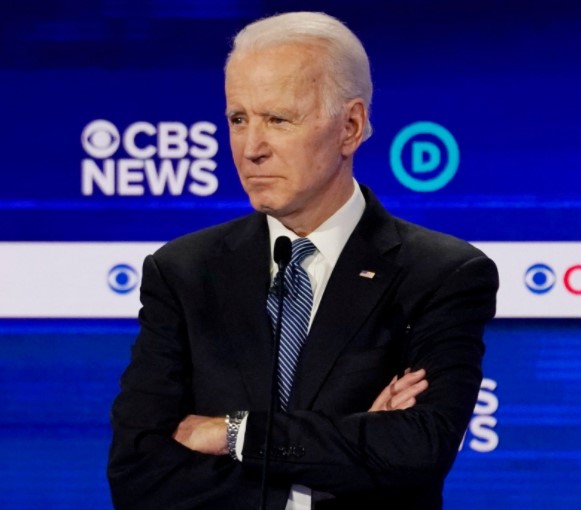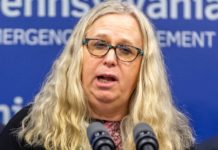Subcommittee on Health Care and Financial Services Chairwoman Lisa McClain (R-Mich.) revealed on Thursday during a full House Committee on Oversight and Accountability hearing titled “Oversight of the Food and Drug Administration” that documents obtained by the Committee confirm the Biden Administration knew about the infant formula crisis months before they took action in May 2022.
President Biden told the American people that he was not made aware of the infant formula shortage until April 2022, two months after industry leaders knew about the crisis. However, email correspondence obtained by the Committee reveals White House staff were aware of a potential infant formula shortage just days after the recall of infant formula was announced in February 2022. President Biden didn’t address the crisis publicly until May 2022, where he claimed “…we moved as quickly as the problem became apparent to us.”
Why did the Biden Administration delay taking action and how did their delay worsen the formula crisis? The American people deserve answers.
🚨BREAKING🚨
Rep. Lisa McClain just revealed that documents obtained by our committee confirm the Biden Administration knew about the infant formula crisis MONTHS BEFORE they took action in May. pic.twitter.com/CdYS3NDWIp
— Oversight Committee (@GOPoversight) April 11, 2024
Rep. McClain: “Commissioner Califf, you assumed the office of the Commissioner of the FDA in February of ’22. Correct?”
Commissioner Califf: “That’s correct.”
Rep. McClain: “When you assumed office, were you aware that a manufacturer who made more than forty percent of the country’s infant formula was voluntarily recalling all the baby formula it made at its Sturgis plant?”
Commissioner Califf: “I was very familiar because it happened on the day I was confirmed.”
Rep. McClain: “In the days and weeks that came after you assumed office, were you aware that there was a shortage of infant formula across the country?”
Commissioner Califf: “Well in the first days and weeks there wasn’t a shortage, but as the shortage evolved, I was very much aware of it.”
Rep. McClain: “Mr. Chairman, I’d like to enter into the record two internal email exchanges within the FDA. The first dated February 4th 2022 in which the FDA officials are discussing the potential for infant formula supply issues and asking for immediate support from the White House to educate the public. The second, on February 19th of 2022, in which the FDA officials were discussing the supply issues that were already happening. Despite these discussions within the FDA, media reports said the President was not aware of the problem even though it was headlining in nearly every news channel and every paper across the country for three months. My question is: Did the FDA not raise concerns about the potential shortage even before the recall.”
Commissioner Califf: “I can’t speak for before the recall but at about the time of the recall.”
Rep. McClain: “The FDA did in fact raise the issues to at least nine different White House officials and President Biden took no action.”
Rep. McClain: “Why did it take three months for President Biden to invoke the Defense Protection Act?”
Commissioner Califf: “I can’t speak for President Biden and that particular decision. […] This evolved over time so the exact time of when the DPA should have been brought in is something that’s a matter of discussion.”
Rep. McClain: “Either the FDA didn’t tell him, or he didn’t act. Which is it?”
Commissioner Califf: “I think you have the emails and I can’t really comment beyond that.”
Click here to read documents and communications between the FDA and the Biden White House related to the infant formula crisis.
















